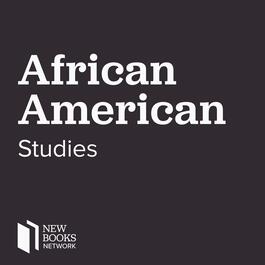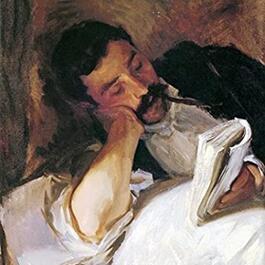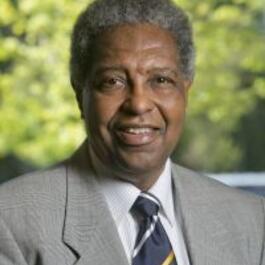
New Books in African American Studies
This podcast is a channel on the New Books Network. The New Books Network is an academic audio library dedicated to public education. In each episode you will hear scholars discuss their recently published research with another expert in their field. Discover our 150+ channels and browse our 28,000+ episodes on our website: newbooksnetwork.com Subscribe to our free weekly Substack newsletter to get informative, engaging content straight to your inbox: https://newbooksnetwork.substack.com/ Follow us on Instagram and Bluesky to learn about more our latest interviews: @newbooksnetwork Support our show by becoming a premium member! https://newbooksnetwork.supportingcast.fm/african-american-studies
Show episodes

W. Ralph Eubanks, "When It's Darkness on the Delta: How America's Richest Soil Became Its Poorest Land" (Beacon Press, 2026)
Once the powerhouse of a fledgling country’s economy, the Mississippi Delta has been consigned to a narrative of destitution. It is often faulted for the sins of the South, portrayed as a regional backwater that willfully cleaved itself from the modern world. But buried beneath the weight of good ol’ boy politics and w

Robert D. Bland, "Requiem for Reconstruction: Black Countermemory and the Legacy of the Lowcountry's Lost Political Generation" (UNC Press, 2026)
The promise of Reconstruction sparked a transformative era in American history as free and newly emancipated Black Americans sought to redefine their place in a nation still grappling with the legacy of slavery. Often remembered as a period of failed progressive change that gave way to Jim Crow and second-class citizen

Ashley Brown, "Serving Herself: The Life and Times of Althea Gibson" (Oxford UP, 2023)
From her start playing paddle tennis on the streets of Harlem as a young teenager to her eleven Grand Slam tennis wins to her professional golf career, Althea Gibson became the most famous black sportswoman of the mid-twentieth century. In her unprecedented athletic career, she was the first African American to win tit

Andrew S. Curran, "Biography of a Dangerous Idea: A New History of Race from Louis XIV to Thomas Jefferson" (Other Press, 2026)
An engaging investigation of how 13 key Enlightenment figures shaped the concept of race, from the acclaimed author of Diderot and the Art of Thinking Freely. Over the first decades of the 18th century, Christianity began to lose its grip on the story of humankind. Yet centuries of xenophobia, religious intolerance, an

Nicholas L. Caverly, "Demolishing Detroit: How Structural Racism Endures" (Stanford UP, 2025)
In this episode, Nick Caverly talks about his new book, Demolishing Detroit: How Structural Racism Endures (Stanford UP, 2025). For decades, Detroit residents, politicians, planners, and advocacy organizations have campaigned for the elimination of empty buildings from city neighborhoods. Leveling these structures, man

Trymaine Lee, "A Thousand Ways to Die: The True Cost of Violence on Black Life in America" (St. Martins, 2025)
A few years ago, Trymaine Lee, though fit and only 38, nearly died of a heart attack. When his then five-year-old daughter, Nola, asked her daddy why, he realized that to answer her honestly, he had to confront what almost killed him—the weight of being a Black man in America; of bearing witness, as a journalist, to re

